Parenthood is full of decisions. And parents of children born during winter have an extra, and crucial, decision to make.
Those with children born in December, January and February face the dilemma of when their kids should start school.
Should they start school at age four, as one of the youngest in their class?
Or should they wait a year, to give them more time to mature and develop?
Scottish Government advice states that if your child’s birthday falls between the day after the first day of school in August and the last day in February, your child will usually start school in August the year before they turn five.
However, if your child is still age four on the day they would usually start Primary One, you’ve got the right to delay when they start school.
Funded childcare for kids starting school later
From August 1, 2023, all children who defer their school start will automatically be entitled to an additional year of funded early learning and childcare (ELC). This includes children who defer the 2023/24 school year.
The law change came after pressure from grassroots campaign Give Them Time.
While it will soon be easier to give winter kids an extra year to develop before starting school, the fact remains that their parents still have a decision to make.
How do you, as a parent, make the right decision for your child?
Emma Niwa from Wick has two children born in winter.
Jessica, 7, was born in December, and Harvey, 10, was born in February. Both deferred their start at Newton Park School until they had turned five.
“It’s an extremely hard decision to make as a parent,” said Emma.
“You’re only looking at how your child’s doing there and then, but you have to think ahead about how they’ll manage at school in years to come. Would they benefit most from being the oldest in class? Or will they get restless being kept in nursery an extra year?
“I made my decision based on the advice I was given, reading psychology reports online, then as their mum what I felt was best for them.
“I didn’t want them to be the youngest in their class, and for it to then affect them in secondary school. Things like being young when sitting exams, how they would cope with peer pressure being the youngest, and how it would affect them socially as well as academically.
“As their mum, I felt I would forever beat myself up if any of these things went wrong. But if I gave them the extra year to grow and develop, this would hopefully help with all of these factors.
“Ultimately you need to go with what you feel is best for your child.”
Parents know best
Julie Jones is a lecturer in childcare at the University of the Highlands and Islands (UHI) in Inverness.
According to her, a good start is to block out the noise which surrounds what can be a sensitive issue.
“For parents making that decision, they know their child,” she said.
“They know what is right for them, and they need to not listen to any outside influences. That’s the key thing.
“If you try to just focus on your child and not be influenced by what you think you should be doing, then you’ll do the right thing.”
She thinks parents shouldn’t feel guilty for deferring their child’s school start, and not to think of their kids being ‘held back’.
“Parents sometimes think, ‘Am I holding them back, from a developmental aspect?’
“But four-year-old children should be playing, enjoying life.
“Their bodies are not made to sit, their bones are not developed to write, until the age of about six or seven. And emotionally, starting school at such a young age can be overwhelming.
“We have one of the earliest school starting ages in Europe. Scotland has children starting school at four, whereas the average school starting age across Europe is six.”
Only 12% of world’s children start school before six
The SNP backed plans to raise the school start in age in Scotland to six at their conference in October.
We asked readers in August what they thought about raising the school starting age to six. An overwhelming majority of you (77%) supported plans to raise the age to six.
A recent study in the US showed that only 12% of the world’s children start school before the age of six.
But with the current system being what it is, what should parents of winter kids take into account before deciding when their child embarks on their school journey?
Things to consider for your child
Thinking about deferring your child’s P1 entry? Here are some things you might want to consider, according to Parent Club, the Scottish Government’s parenting advice service.
- If you are worried about ‘school readiness’, then remember, it’s not the job of the child to be ‘school ready’, it’s the job of the school to be ‘child ready’.
- What does the school think about deferring your child’s school start? What support would they be able to offer your child if you choose not to defer?
- What feedback has your child’s ELC setting given you? You can ask for a discussion to get advice from the nursery or childminder.
- If you choose to defer your child’s school start, what support and challenge will they receive from the ELC setting?
- Have a think about what deferral will mean when your child is older, for example when they are 12, or 16, and they might be one of the youngest or one of the oldest in their class.
- Be aware of what this will mean for gaining qualifications. If a child’s school start is deferred then that might mean they would be able to leave school at 16 without achieving any qualifications.
‘If children are emotionally secure, they’re ready to learn’
Dorothea Scherer is a lecturer at Aberdeen University’s School of Education.
She thinks it comes down to the child feeling emotionally secure enough for school.
In some children, this will be at four, whereas others will benefit from being that bit older when they start school life.
“Some children are just emotionally not ready, and socially not ready to attend school. I think that’s the main factor, really.
“It’s not so much about the cognitive abilities of a child. It’s more about how they’ve learned to interact socially. That’s the main thing to consider when deciding when to send your child to school. If children are emotionally secure, they will be able to learn.
“I’m not necessarily against children starting school at four.
“There is some proof that certain children will profit from going into school at an earlier age. They might find getting challenges and social interaction actually helpful. So this is something which you have to weigh up.”
‘Parents are a child’s first educator’
She added: “Making your own judgement of your child would be my first step.
“The second would be to ask for advice. Ask Early Years professionals how they perceive your child within that environment. How are they managing to cope in an environment with other children? How is their emotional and social development at nursery?”
She agrees with Julie about the need for parents to make their own decision, based on their own knowledge of their child.
“The parents should really be the ones who make the decision,” said Dorothea.
“In the end, the parents are the first educator of their child and they know their child best.”
What is your Real Life Parenting Dilemma? Send your question (we’d especially love a video of you asking it) to schoolsandfamily@pressandjournal.co.uk and we’ll try to find the answer.

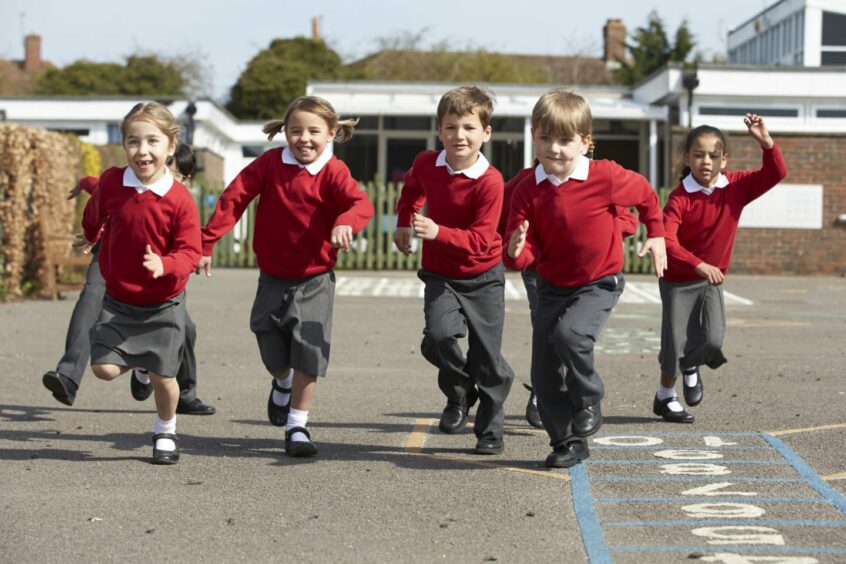
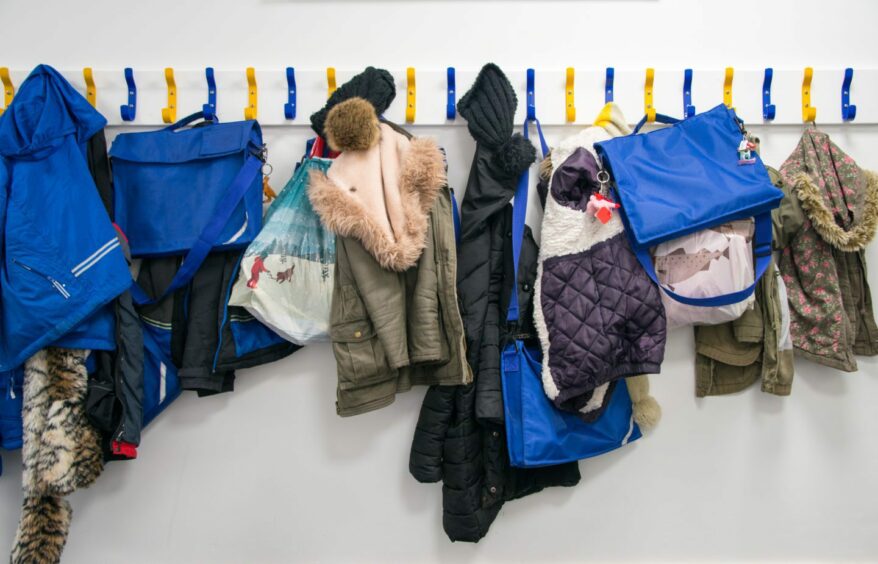
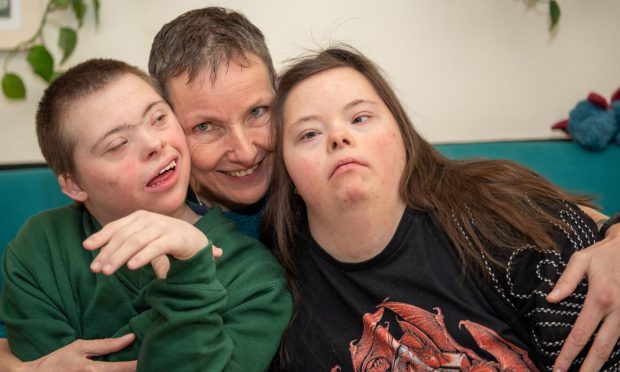
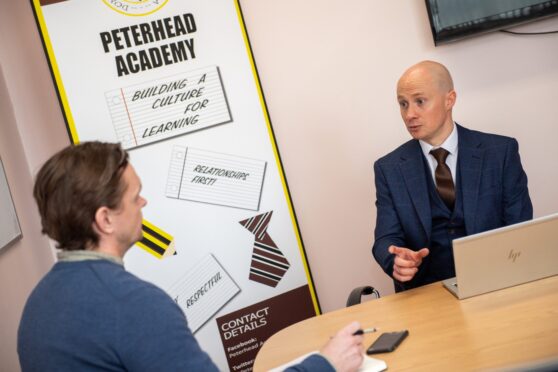
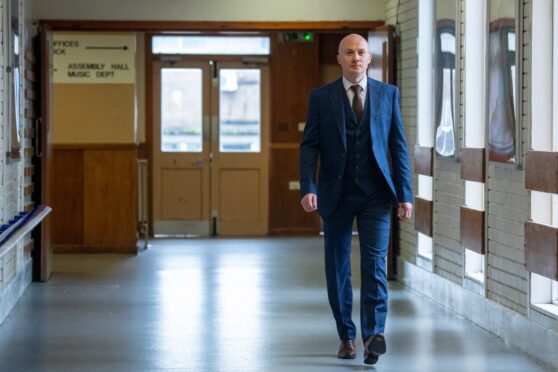
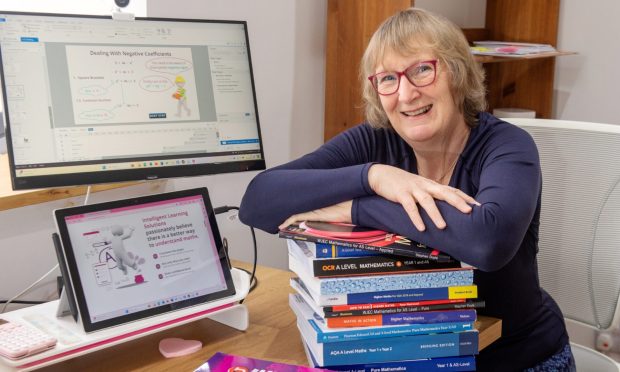
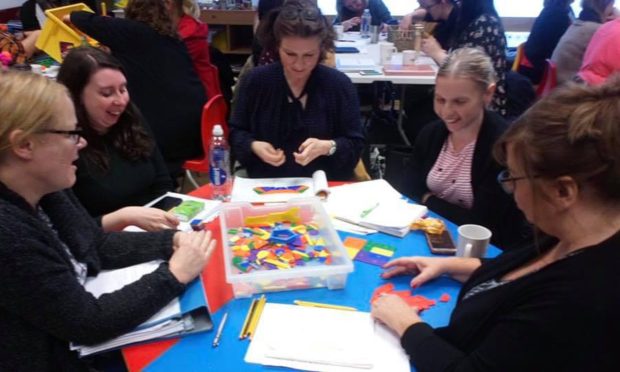
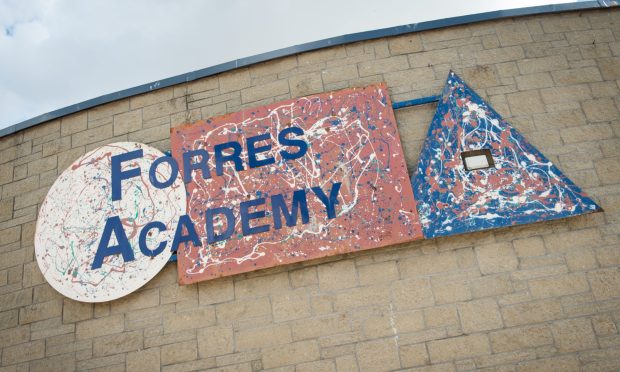
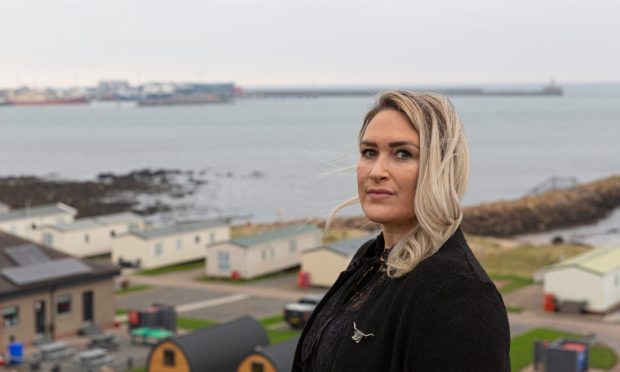
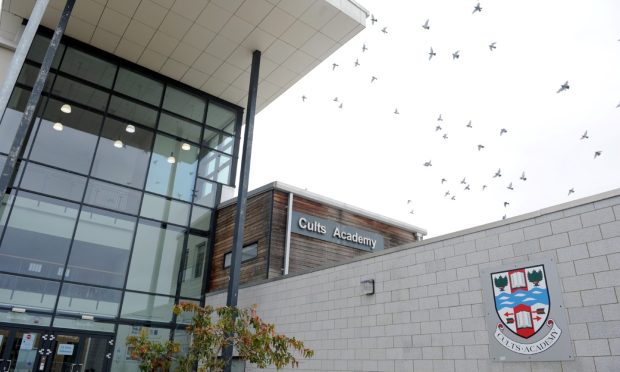

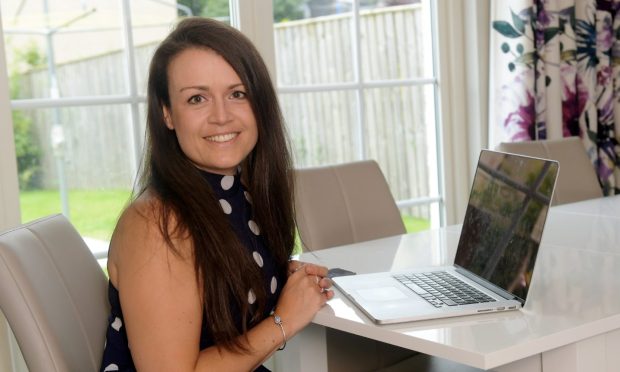
Conversation